From Salt to Stroke – Evaluation of a Media Campaign for Sodium Reduction in Philadelphia
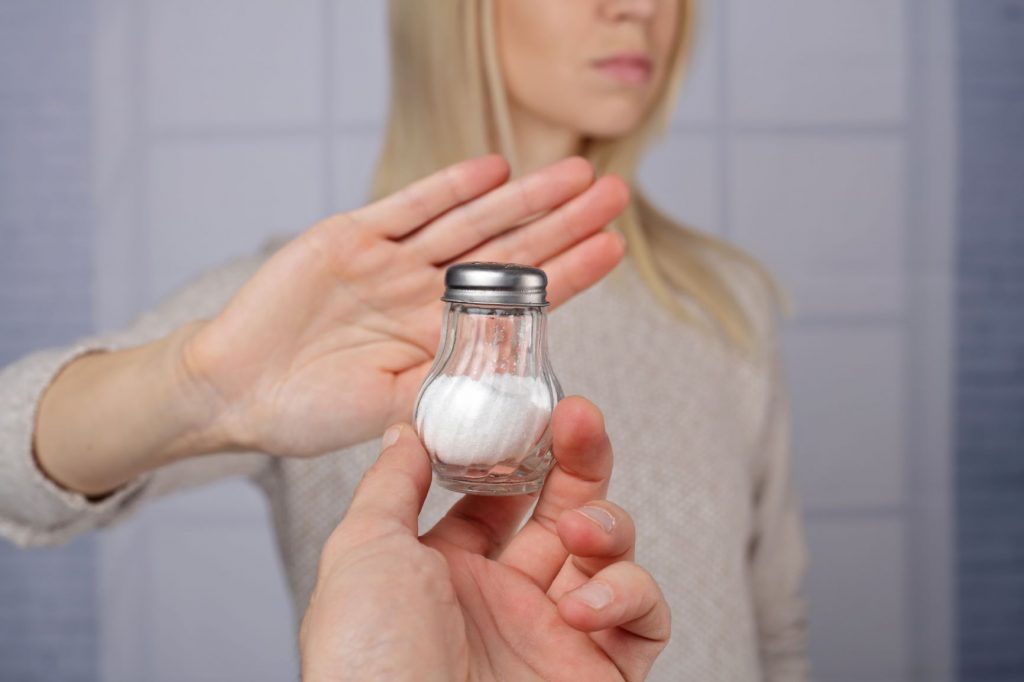
Published in Frontiers in Public Health on the 15th of January 2021, Klassen et al used a repeated cross-sectional design to evaluate the process and impact of a media campaign for sodium reduction in Philadelphia, USA. Between 2014 and 2015 the Philadelphia Department of Public Health conducted an education campaign, targeting populations at higher risk […]
Limited potential impact of Australia’s reformulation targets on sodium purchases
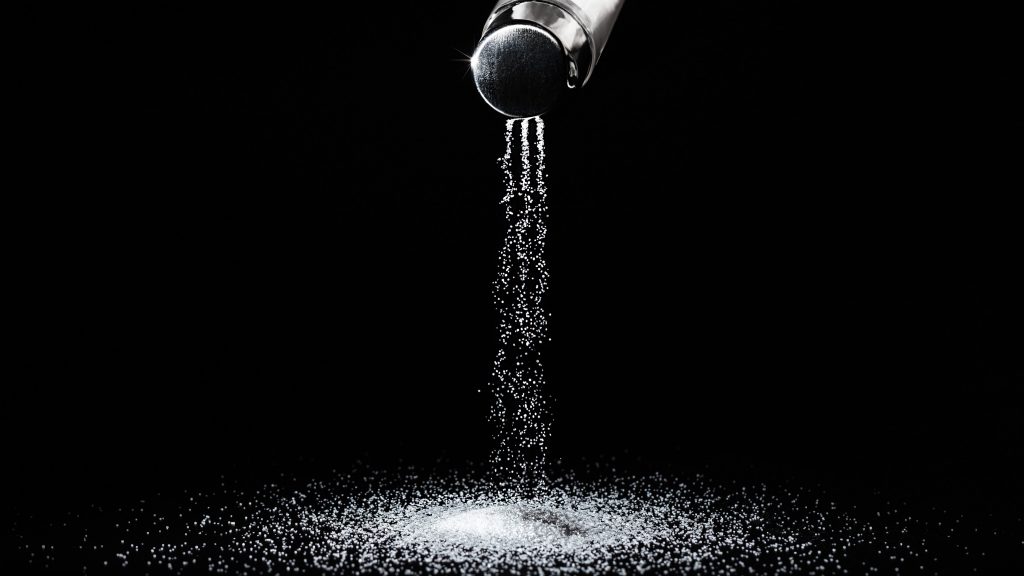
Research by Coyle et al (2020) from the George Institute for Global Health has sparked media attention as it found very limited potential impact on reducing sodium intake of the Australian population from the voluntary sodium reformulation programme, the Healthy Food Partnership, with just 50mg daily reduction per person if there was 100% compliance with […]
#GeorgeTalks on “Salt wars: using policy and the law to reduce salt intake”

The George Institute for Global Health invites you to a #GeorgeTalks on “Salt wars: using policy and the law to reduce salt intake” on Wednesday 10 March 2021 at 12pm (AEDT) to mark ‘World Salt Awareness Week’. For this #GeorgeTalks event, we will be joined by Dr. Michael F. Jacobson, Senior Scientist and former […]
A Decade of Food and Nutrition Policy in Portugal (2010-2020)

Published in the Portuguese Journal of Public Health on the 29th of October 2020, Graca, Gregorio and Freitas reviewed food- and nutrition-related policies and progress in Portugal over the last decade. The authors reflected on the main strategic documents, namely “The Platform against Obesity” (2007 – 2011), the “Promotion of Healthy Eating” (2012 – present) […]
Clinical Profiles and Factors Associated with a Low Sodium Intake in the Population: An Analysis of the Swiss Survey on Salt
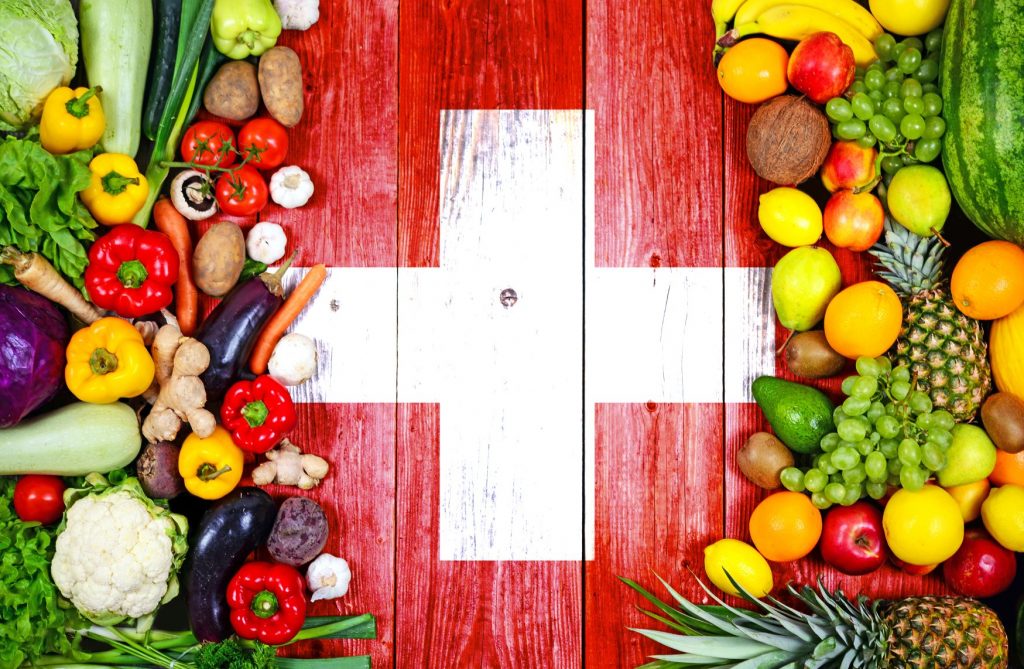
Published in Nutrients on the 23rd of November, Burnier, Paccaud and Bochud conducted an analysis of the “Swiss Survey on Salt” with a focus on the clinical profiles and factors of people with low sodium intake. The “Swiss Survey on Salt” was conducted between 2010 and 2012 and included a random sample 1448 Swiss adults […]
Low sodium diet for gastric cancer prevention in the United States: Results of a Markov model
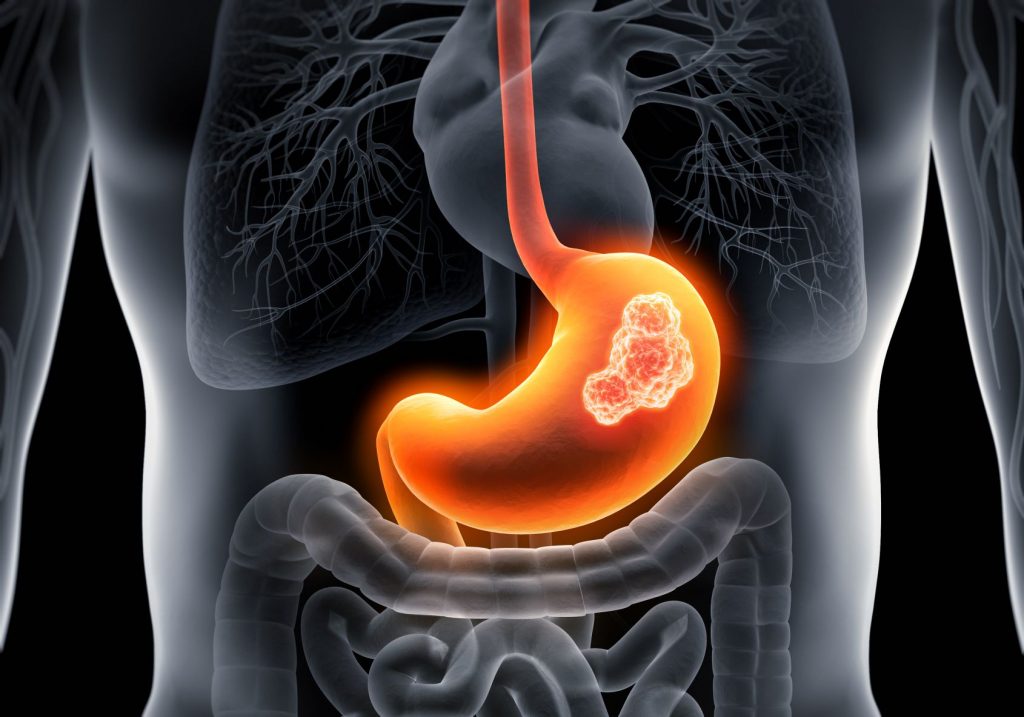
Published in Cancer Medicine on 1st December 2020, Kim et al modelled the impact and cost-effectiveness of the low sodium-DASH diet for prevention of gastric cancer in the U.S. population. Compared to no intervention, the study found the low sodium-DASH diet could reduce gastric cancer risk by 24.8% for males and 21.2% for females and […]
Cost-effectiveness of population salt reduction interventions in Cameroon
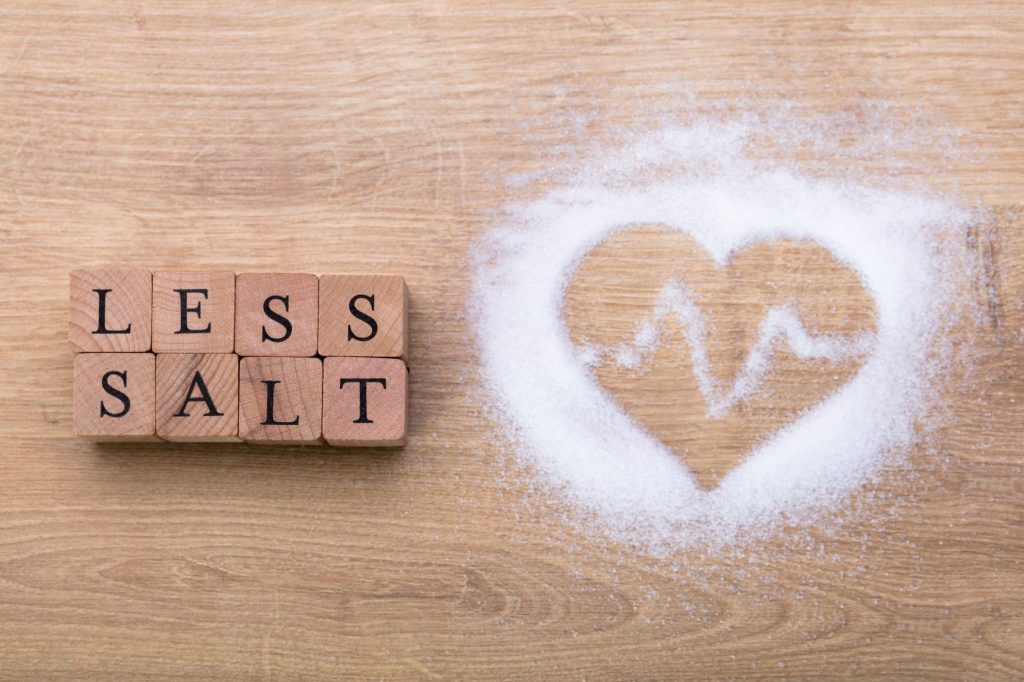
Published in BMJ Open on 24th November 2020, Aminde, Cobiac, and Veerman conducted a cost-effectiveness analysis of three population salt reduction interventions to prevent cardiovascular disease (CVD) in Cameroon. Using a multicohort multistate life table Markov model, the study estimated that over 10,000, 79,000 and 84,000 CVD deaths could be avertedfrom mass media, school education […]
Neapolitan Pizza Prepared with Seawater in Place of Salt has 50% less sodium and very good acceptability

Published in Nutrients on 17th November 2020, Idelson et al conducted a randomised controlled trial with twelve healthy participants to investigate the nutritional properties, sensory characteristics and metabolic effects of a typical Neapolitan pizza prepared with seawater (SWP) in place of common salt compared with standard traditional pizza (StP). The seawater pizza contained almost 50% […]
Urinary Sodium and Potassium Levels and Blood Pressure in Population with High Sodium Intake
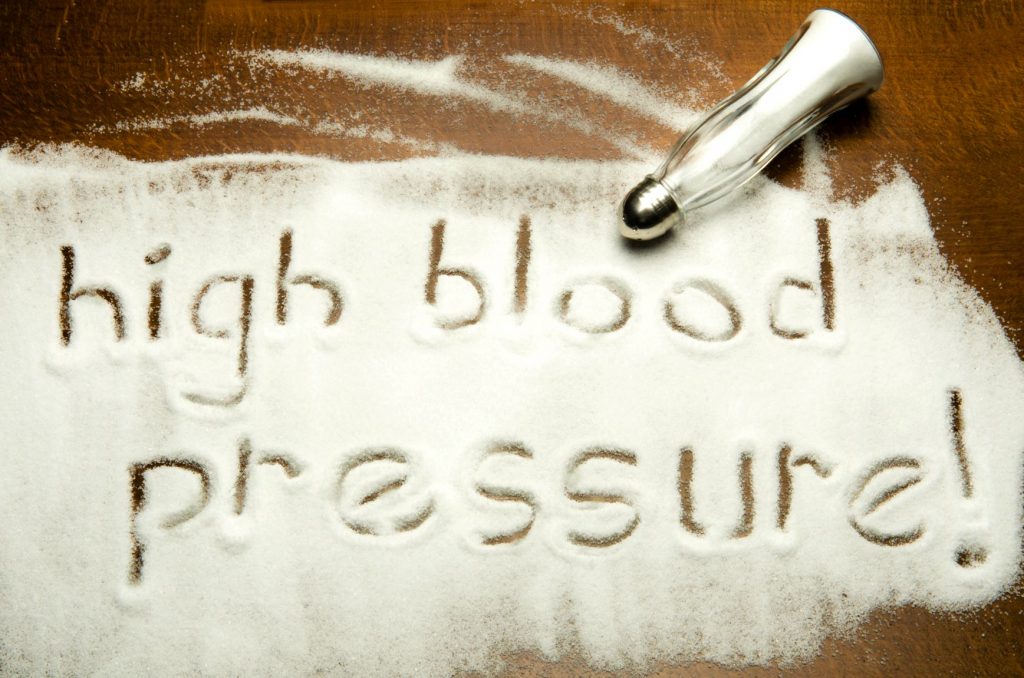
Published in Nutrients on 10 November 2020, Song et al conducted a cross-sectional analysis in 2,653 Korean adult men and women to examine the association between urinary sodium-to-creatinine ratio and potassium-to-creatinine ratio measured by overnight half-day urine samples with blood pressure. A validated food frequency questionnaire was also used to assess food intake. The study […]
Culinary Medicine Education may help achieve salt intake reduction

Published in Nutrients on 26 November 2020, Razavi et al reviewed opportunities for culinary medicine to improve outcomes of individual- and population-level sodium-reduction outcomes. “Culinary medicine is an emerging discipline in clinical and public-health education that provides healthcare professionals and community members with food-based knowledge and skills”. Five key areas were reviewed: (1) increasing adherence […]